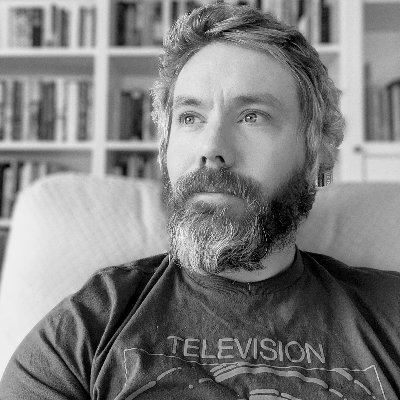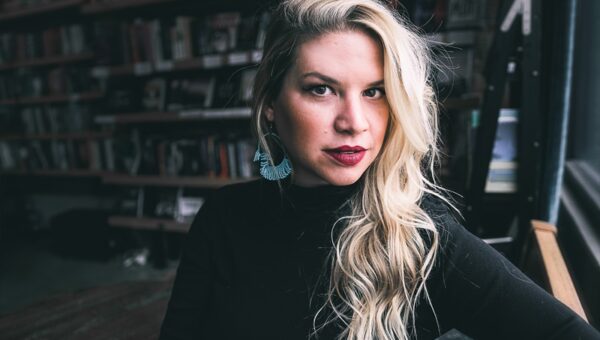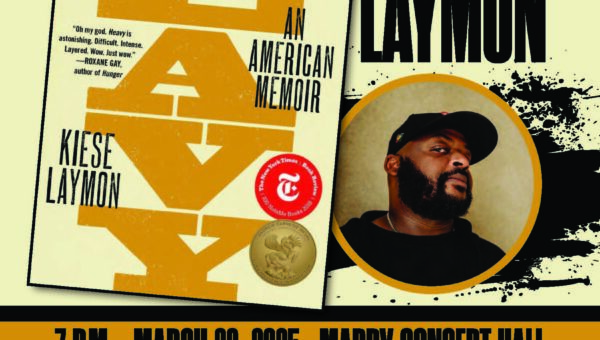In the past, writers spoke for society, positing questions about the way we live our lives while seeking to explore their answers through text and narrative. Today, our world is more connected than it has ever been, and with social media as its instrument, society has developed its own voice. Writers, however, have not faltered in their original mission. For this reason, the modern writer faces a bevy of conflicting opinions and reactions stemming from an audience comprised of all walks of life.
After reading the Fall 2019 edition of Zone 3, I looked forward to having a conversation with contributor Matthew Fiander about his story, “Five Variations on Parnell’s Blues”, and about the writer’s place in today’s society.
Blue Tinsley: When you sat down to write your story, “Five Variations on Parnell’s Blues,” what inspired you?
Matthew Fiander: This story started as a series of flash pieces written about the pianist Horace Parlan. Parlan played on some of my favorite jazz recordings, especially ones by Charles Mingus and Dexter Gordon. As a child, Parlan suffered from polio that left him with only partial use of his right hand, which led to him developing a unique style of piano playing that set him apart. I centered each piece around locations from Parlan’s life… and tried to fill them with scenes I thought would be interesting. Since Parlan’s polio led to his own phrasing on the piano, my original goal was to write different pieces exploring a fictitious version of this man using different phrasing. Eventually, I realized, with the nudging of many editors along the way, that the flash pieces worked best together, and so they became “variations.” I also veered further away from the details of Parlan’s life and, strangely, I think the language and the feel of the story—what I hear when I listen to Parlan play—came out more the further I got away from the specifics of his life.
BT: Your story primarily focuses on Harold, a young Black man growing up between the 40s-60s, finding his way in life through music. When you set out to write this story, how did you decide upon the perspective, and did you have to do research, or did you draw on people you have known?
MF: Since Parlan, a Black musician, was the focus, and I was familiar with his work, a lot was set up for me. But I read more about him, and watched a documentary recorded about him later in his life, and that helped me find the connective tissue between these pieces. Race is surely part of this—to leave it out would, at best, make no sense—but I am not a writer of color, so I did not want to presume to tell a part of a story that was not mine to tell. What I found, in writing this, was a story less about Parlan himself and more about how his playing sounds to me. Parnell’s story, I think, is of music and family and place, and the story turns toward a search for his own corner of the world. Race and class and gender are a part of all of that, and I can only hope that I’m asking a few of the right questions here. I don’t know that finding his place was something Parlan struggled with, per se, but his playing sounds so resolute to me, like it gets lost, explores, but ultimately gets where it was supposed to go. That was the kind of story I tried to tell.
BT: What do you think the writer’s “place” is in society?
MF: If only I knew. I’ll say this much: I’m wary of writers that claim to have answers. Or that present their writing as a thinly veiled diatribe. I think we have enough avenues for being comforted by easy answers, so writing that does this too—that’s obvious goal is to affirm a particular worldview or make some supposedly profound point—isn’t something I’m terribly interested in. I think great writing asks great questions. It skews the reader’s perspective in some compelling way. That, to me, is why good art lasts, because its questions keep ringing out… I think I prefer considering what it means to me, the ways in which it tilts my view on what language can do and on the world it can create.
BT: Do you have any advice for aspiring or unpublished authors?
MF: The only thing I can say, and this is as close to assertion as I’ll get, is that getting better is about reading and writing more. Produce some work. Figure out how you write. Let people read it. Let their reactions inform (but not direct) your revisions and your growth. Try new things. Read new things. Take words in. Get words on the page…
I can’t tell you to write every day. People say that one a lot… It’s a pressure that doesn’t serve me. I probably think about writing every day, but I’ll often think for a long time before a word gets written down… The more you immerse yourself in the world of letters, the more interesting your writing will become. That’s it. Come up with a process or discipline that works for you and try to stick with it. If it stops working, mix it up.
If you want to get published, get comfortable with ‘no.’ Try not to take it personally. There is a home for your work and if you take it seriously someone else will too… Hang in there and write things that matter to you, and when you are ready, read up on the places you want to show it to. You want to be a good fit for them, but you also want them to show you they would be receptive to what you do.





